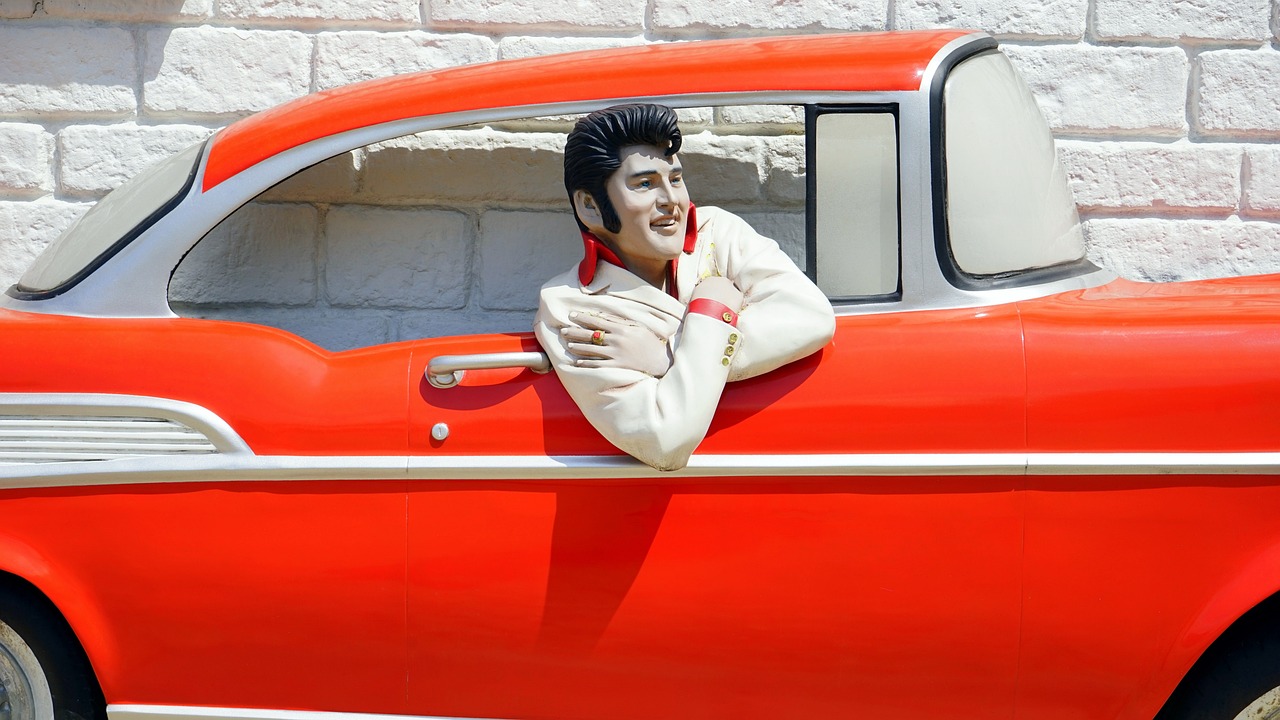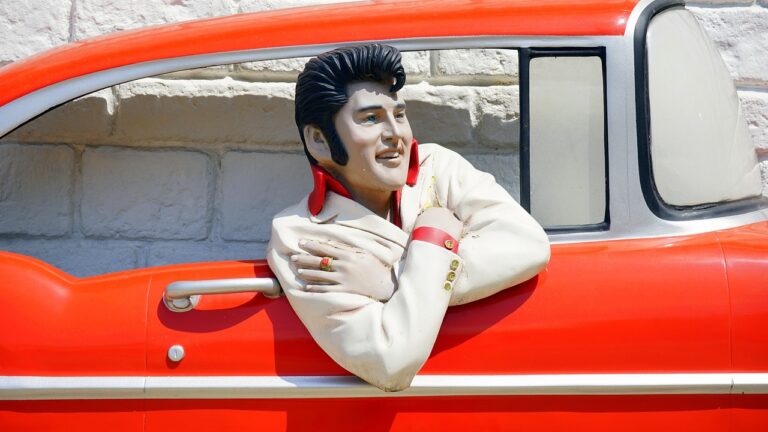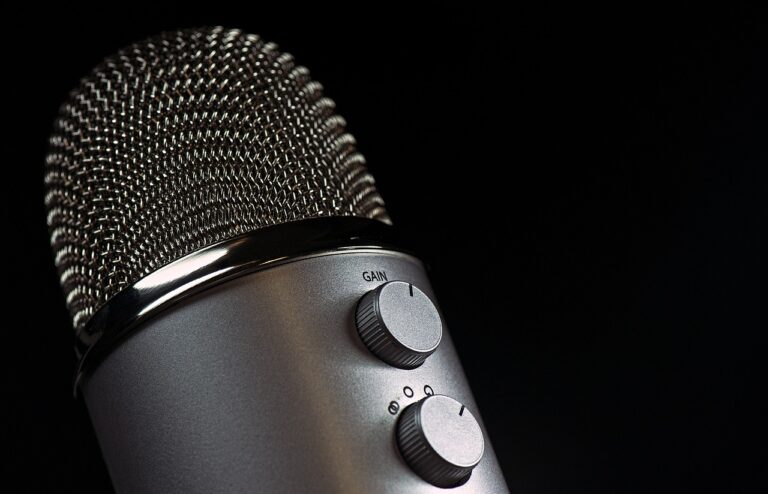The Role of Comedy in Education: Using Humor to Enhance Learning
sky247 com login password, gold365 game login, gold 365 green:In education, the use of humor has long been debated. Some argue that classrooms should be serious places of learning, while others believe that incorporating comedy into teaching can significantly enhance the learning experience. In this article, we will explore the role of comedy in education and how humor can be used to improve learning outcomes.
Enhancing Engagement Through Laughter
One of the primary benefits of using comedy in education is that it can help to engage students in the learning process. Humor has the power to grab students’ attention, make learning fun, and create a positive learning environment. When students are engaged and enjoying themselves, they are more likely to retain information and perform better academically.
Breaking Down Barriers
Humor can also help to break down barriers between teachers and students. When teachers use jokes and funny anecdotes in their lessons, it can help to humanize them and create a more relaxed and open atmosphere in the classroom. This can lead to more meaningful interactions between teachers and students, fostering a positive and supportive learning environment.
Improving Memory Retention
Research has shown that humor can improve memory retention. When students are engaged in a lesson that incorporates humor, they are more likely to remember the information being taught. This is because humor activates the brain’s reward system, making it more likely that information will be stored in long-term memory.
Enhancing Creativity and Critical Thinking
Humor can also help to enhance students’ creativity and critical thinking skills. When teachers use jokes, puns, and other forms of humor in their lessons, it can stimulate students’ minds and encourage them to think outside the box. This can lead to more innovative thinking and problem-solving skills.
Promoting a Positive Learning Environment
Finally, humor can help to create a positive learning environment. When students are laughing and having fun in the classroom, they are more likely to feel comfortable, secure, and motivated to learn. This can lead to increased student engagement, improved academic performance, and a more enjoyable learning experience for all.
FAQs
Q: Is it appropriate to use humor in all educational settings?
A: While humor can be a powerful tool in education, it is essential to use it judiciously and consider the context and audience. Some educational settings may not be conducive to humor, so it is essential to use discretion when incorporating comedy into teaching.
Q: How can teachers incorporate humor into their lessons effectively?
A: Teachers can incorporate humor into their lessons by using jokes, puns, funny anecdotes, and other forms of comedy that are relevant to the subject matter. It is crucial to strike the right balance between humor and seriousness to ensure that students are engaged and learning effectively.
Q: Can humor be overused in education?
A: Yes, humor can be overused in education if not used effectively. It is essential to use humor in moderation and ensure that it enhances the learning experience rather than detracting from it. Teachers should be mindful of the impact of their jokes and ensure that they are appropriate and relevant to the lesson.
In conclusion, comedy can play a significant role in education by enhancing engagement, breaking down barriers, improving memory retention, enhancing creativity and critical thinking, and promoting a positive learning environment. By incorporating humor into teaching, educators can create a more enjoyable and effective learning experience for students.







